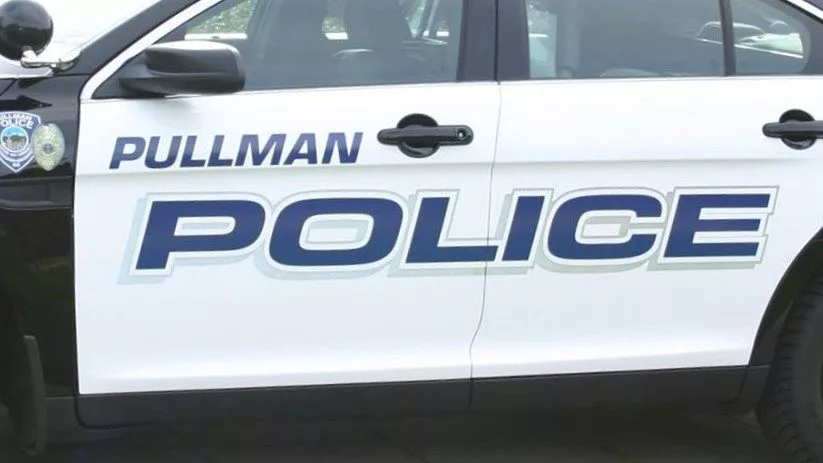PULLMAN – The Washington State University College of Education has given two teachers its Ferrucci Distinguished Educator Award.
Melissa Pearcy and Sarah Movius were both recognized for their work as outstanding K-12 science, mathematics, or technology educators.
The award has historically been given out once per academic year. But in a move that makes up for not awarding during COVID, the college gave out two awards this time. Recipients generally receive financial support to help cover project expenses.
Melissa Pearcy
Pearcy’s use of augmented reality (AR) and virtual reality (VR) as an elementary STEM teacher in the Spokane School District earned her this recognition.
Her project, “Viewing Science Through Multiple Lenses” allows students to view themselves as scientists, view science in their day-to-day lives, and view how scientists interact with the larger community.
The project consists of three parts, one in each season of the academic year, and includes activities for both the whole school and specific grade levels. Using both the school garden and the Spokane River, students will use AR for place-based learning, as well as collect video and other content from these locations and then use VR to later review the footage.
“This project will provide students with formal and informal opportunities to experience learning that can help spark their interest in science,” Pearcy said, pointing out that the ultimate goal will be to help students learn how to answer their own questions.
“This project empowers students to use science as a vehicle to educate themselves and their community through their own unique lens,” she said. “Ultimately, this will turn a moment of teaching into a lifetime of learning, for me, my students, and the larger community,” she said.
Sarah Movius
Movius is a doctoral student in the College of Education’s language, literacy, and technology program. She is being awarded for work in educational escape rooms.
Her career includes Peace Corps, teaching English as a foreign language in Mongolia to students in grades 5-12, K 12 as a substitute teacher, paraeducator, and a master’s degree in curriculum and instruction.
“These experiences really helped me learn how to integrate technology into instruction using already available technologies and collaborating with my peers,” she said. “All of these contexts support my passion for helping educators to use relevant and effective technologies to promote learning and engagement in their classrooms, no matter the subject.”
An educational escape room is a room in which people are “locked” and try to solve a series of content-focused puzzles using previously learned skills and knowledge in a set amount of time to escape from the room. The EER concept is essentially an organized form of problem-based learning that uses specific pieces of a curriculum within the context of the escape room scenario.
Movius said that participants have found that these serve as a ‘welcome and exciting diversion from the standard initiation-response-feedback interaction employed in many teach-initiated activities.’
“Educational escape rooms can be super effective in schools because of their ability to be adapted to any subject,” she said. “Students will be excited and motivated to learn different subjects in an immersive, engaging environment.”





